Even less than two years on, the ruling PML (N) is opposed to party-based local bodies elections, lending credence to its perceived fears the outcome may go against it and giving an element of legitimacy to the charge that May-2013 general elections were massively rigged. Given growing contention about its performance the PML-N perhaps rightly thinks that the upcoming local bodies elections have the makings of a referendum. Otherwise its opposition makes no sense, especially when these were party-based elections to provincial assemblies and parliament that brought it to power at the federal level and in the country's biggest province, Punjab. The PML (N) must not lose sight of the fact that its top leader Nawaz Sharif signed the Charter of Democracy (CoD) with Benazir Bhutto in 2006, when both wandered the wilderness of their exile forced by the military ruler Pervez Musharraf. Isn't then a matter of shame on the part of the PML-N that its deputy minister for parliamentary affairs in the National Assembly, Sheikh Aftab, should justify his government's stand because 'such (non-party) elections were held under Ziaul Haq'. No surprise then the Leader of Opposition in the National Assembly, Syed Khursheed Shah, opposed the passage of a bill to hold local bodies elections in the Capital on a non-party basis. The PPP had resisted party-less elections in Punjab and won the court verdict in its favour. It is quite likely therefore that the bill passed by the lower house may be rejected by the Senate. How relevant political parties are democratic elections this past Sunday presented an evidence for all to see - as candidates submitted nomination papers for cantonment elections they were accompanied by supports with known party affiliations. Reports suggest that political parties are preparing to adopt nomenclatures of 'groups', as they are not supposed to be part of the process. And as to who would be their candidates for local bodies elections the parties are in works to make selections.
That upcoming local bodies elections will be party-based is a farce - and a blow to the idea of obtaining open, vibrant democratic ambience at all three levels of government. It means you want party-based elections for governments at the provincial and national levels but not at the district level. In fact with minor exceptions the present rulers, both in the provinces and at the Centre, were even opposed to hold elections for creation of local governments. Their reluctance stems from a variety of causes. Of these significant being those elected to assemblies want to preserve the turf, which they fear would be undercut should district level governments start functioning; they don't want their political clout whittled by new contenders in the field; and they would lose grip on the development funds. Such has been the stiff defiance against local bodies elections that the very members in two upper tiers of governance were guilty of a clear mandate of the Constitution they swore by to protect and defend. But for the apex court's clear order that the local bodies elections be held before September 2015 denial would have persisted. Historically in Pakistan to have apolitical grassroots power base had been the dictators' best bet. Ayub Khan evolved the Basic Democracies to win election against Mohtarma Fatima Jinnah, and won it. Gen Ziaul Haq was for non-party local bodies elections to create his constituency and vote bank. It defies logic that an elected government would like to have politically non-affiliated governance, which is expected to give a concrete shape to its policies and programmes. Then, this is also quite likely that non-party local governments defy the provincial and federal governments' directives and thus create bottlenecks in the way of flow of development funds. The PML-N must not insist on holding non-party local government elections, setting aside his apprehension that they may turn out to be a referendum on its performance. Last but not least, it is encouraging to note that Lahore High Court (LHC) has ordered the government and Election Commission of Pakistan (ECP) to hold local government elections in cantonment boards on a party basis.
BR100
15,087
Increased By
28.5 (0.19%)
BR30
43,239
Increased By
307.6 (0.72%)
KSE100
148,914
Increased By
98.8 (0.07%)
KSE30
45,239
Increased By
32.6 (0.07%)


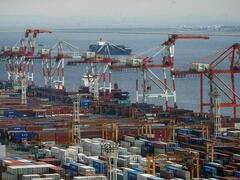


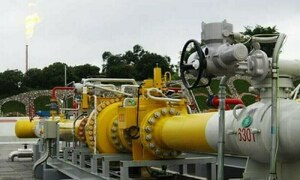
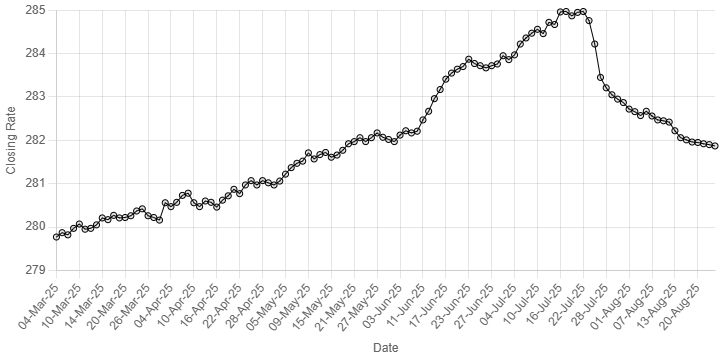
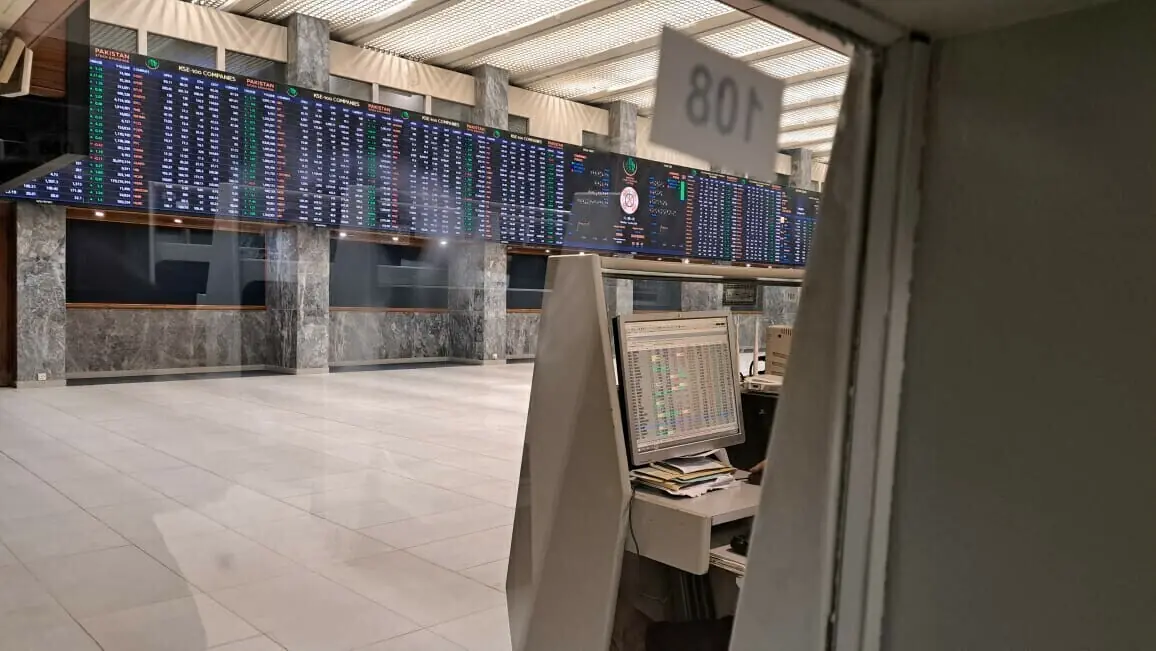

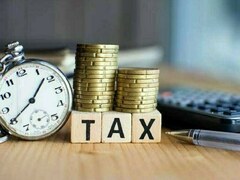
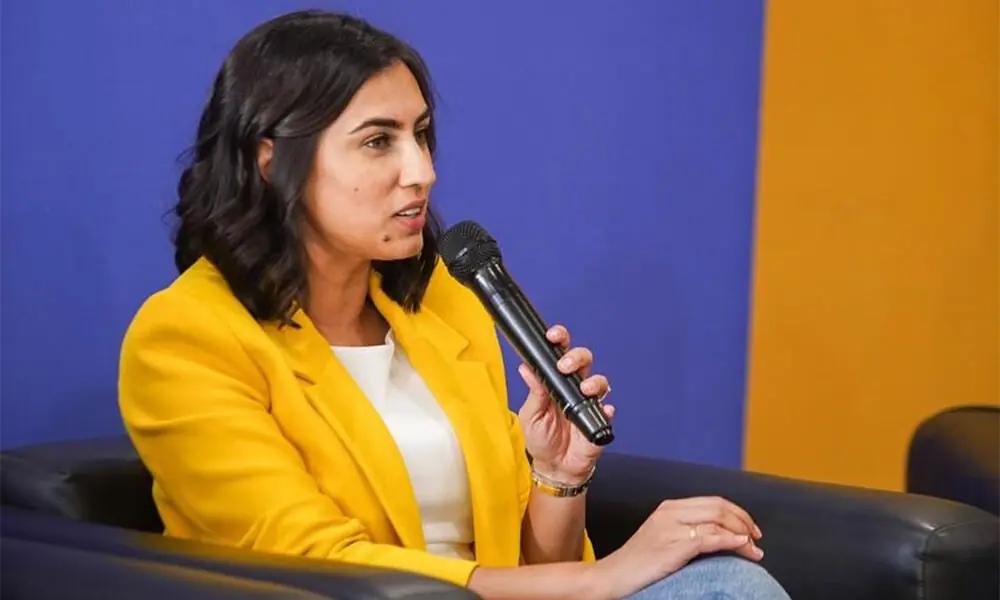


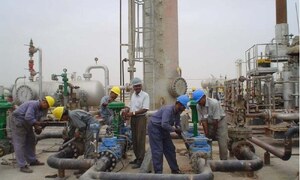
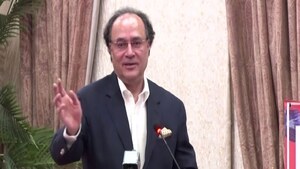
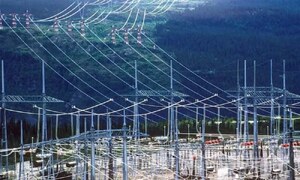

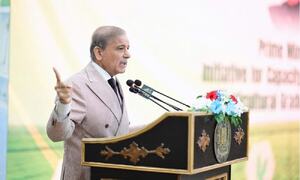
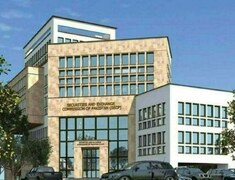


Comments
Comments are closed.